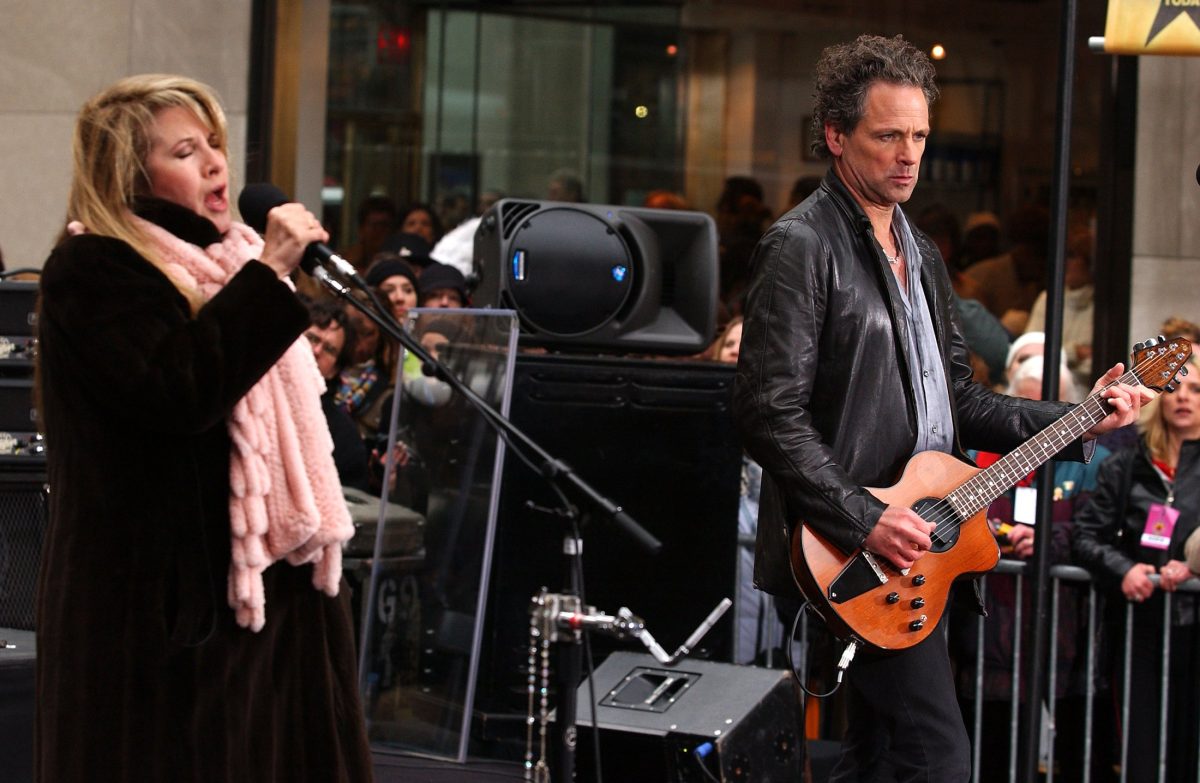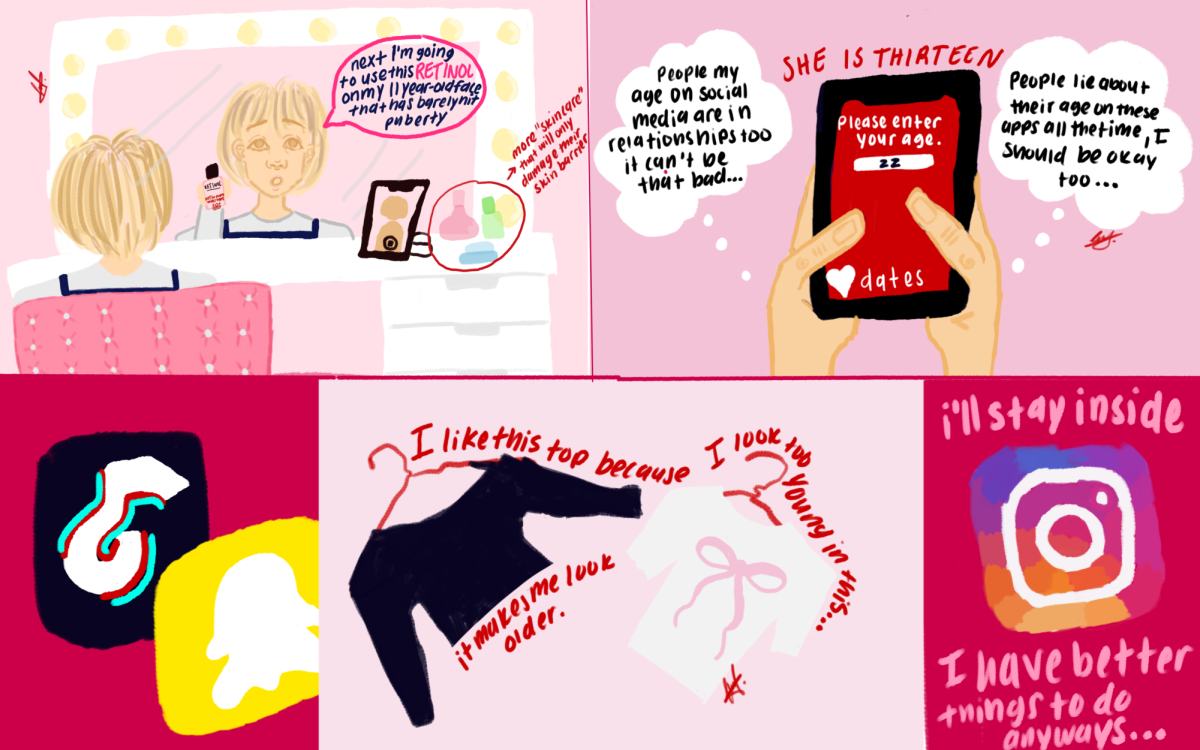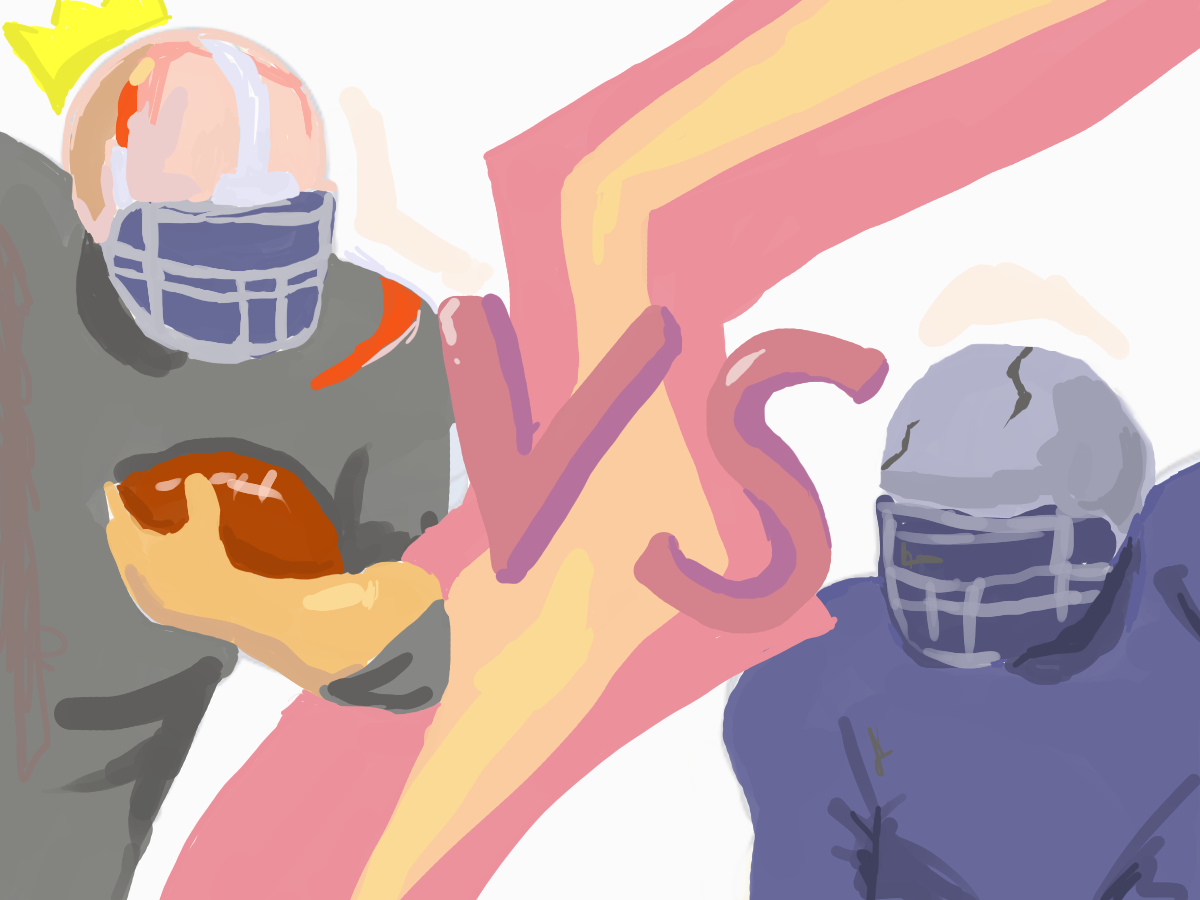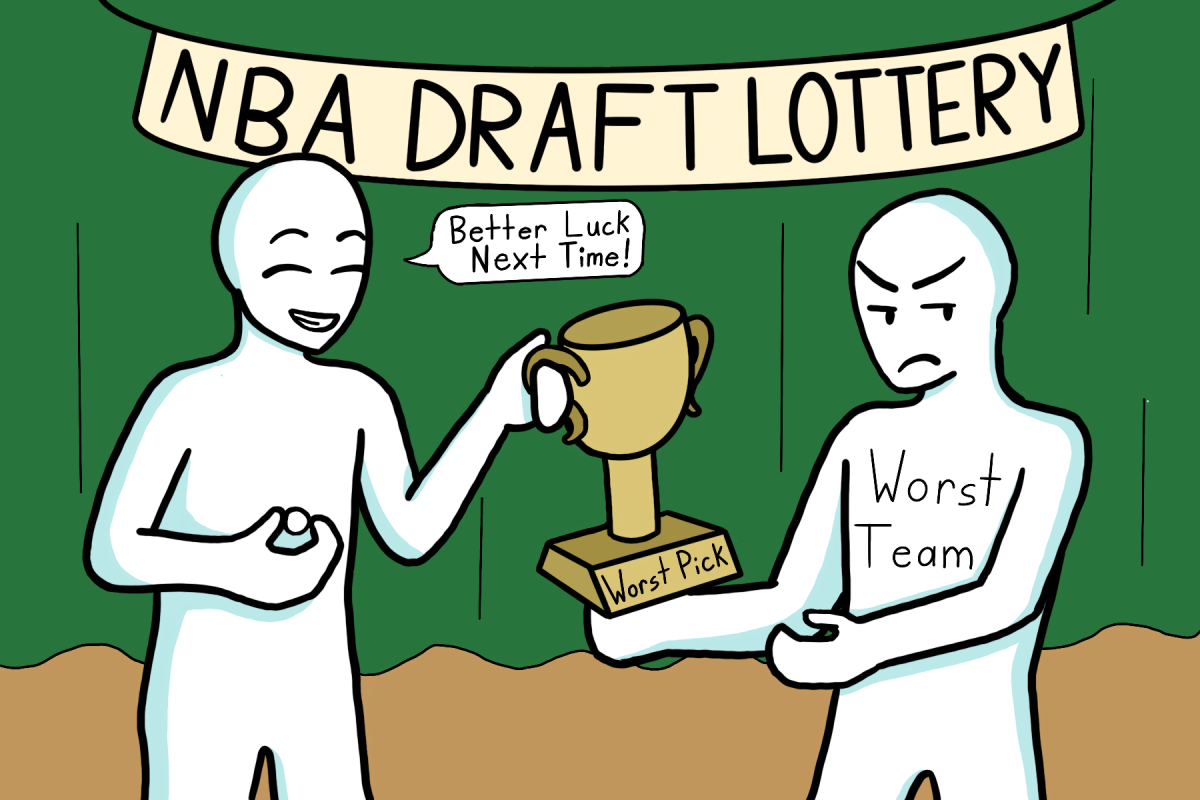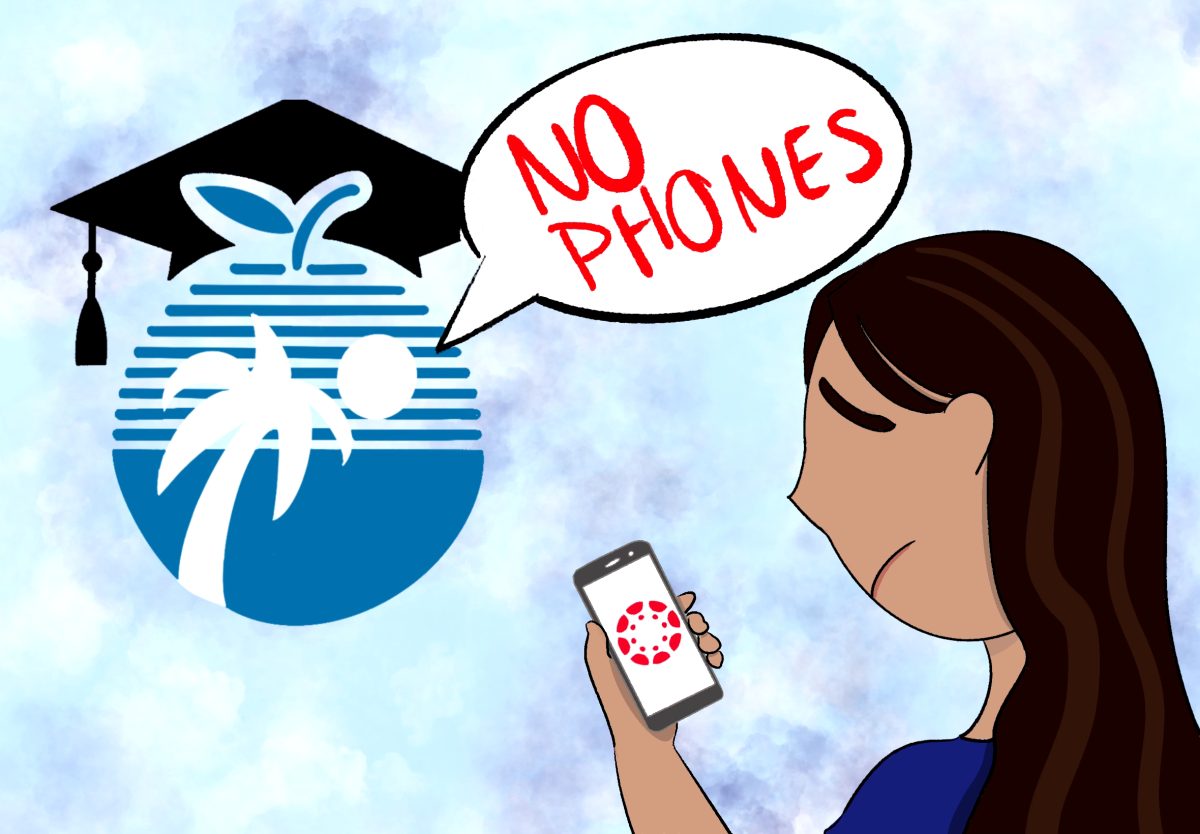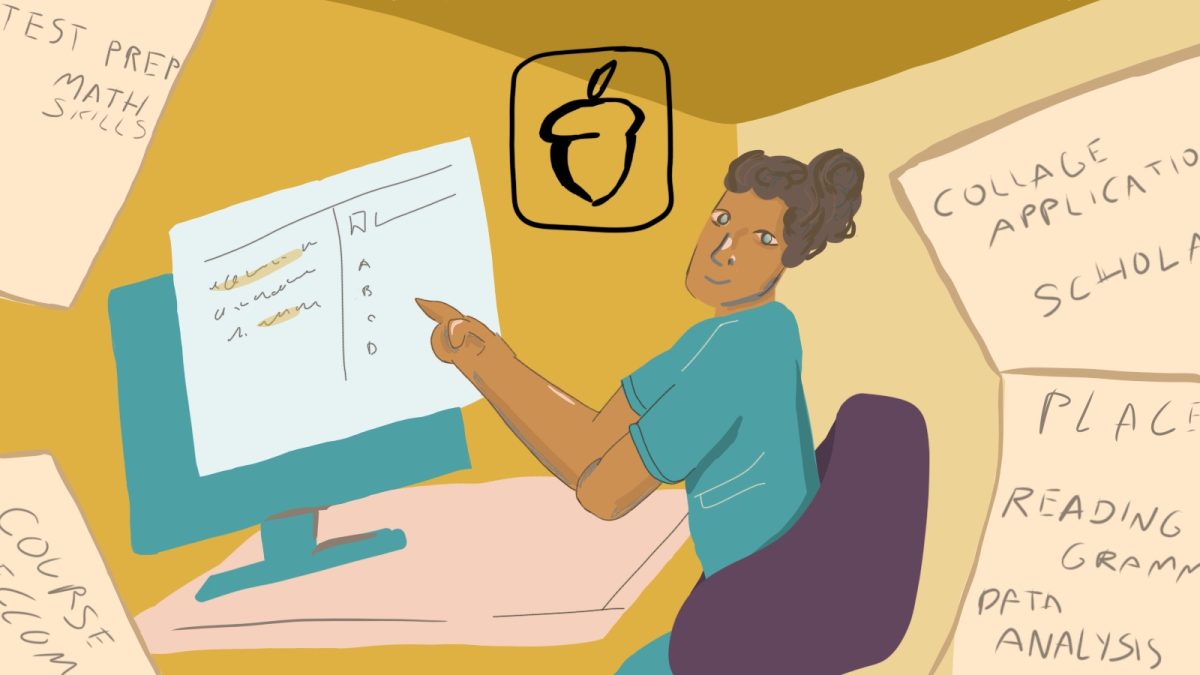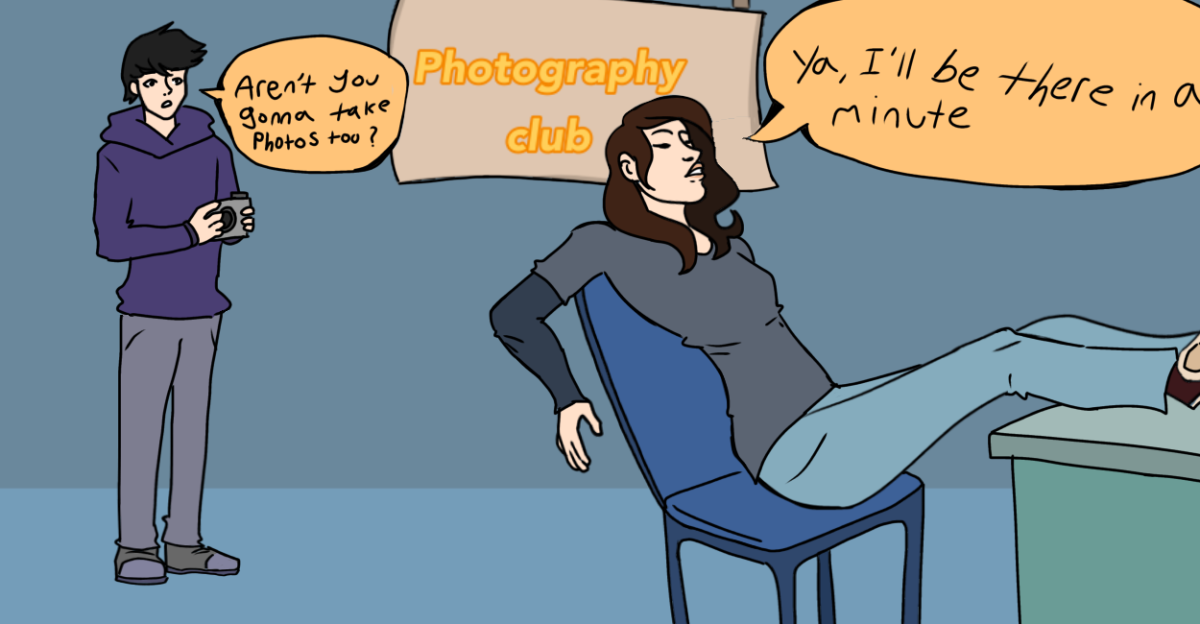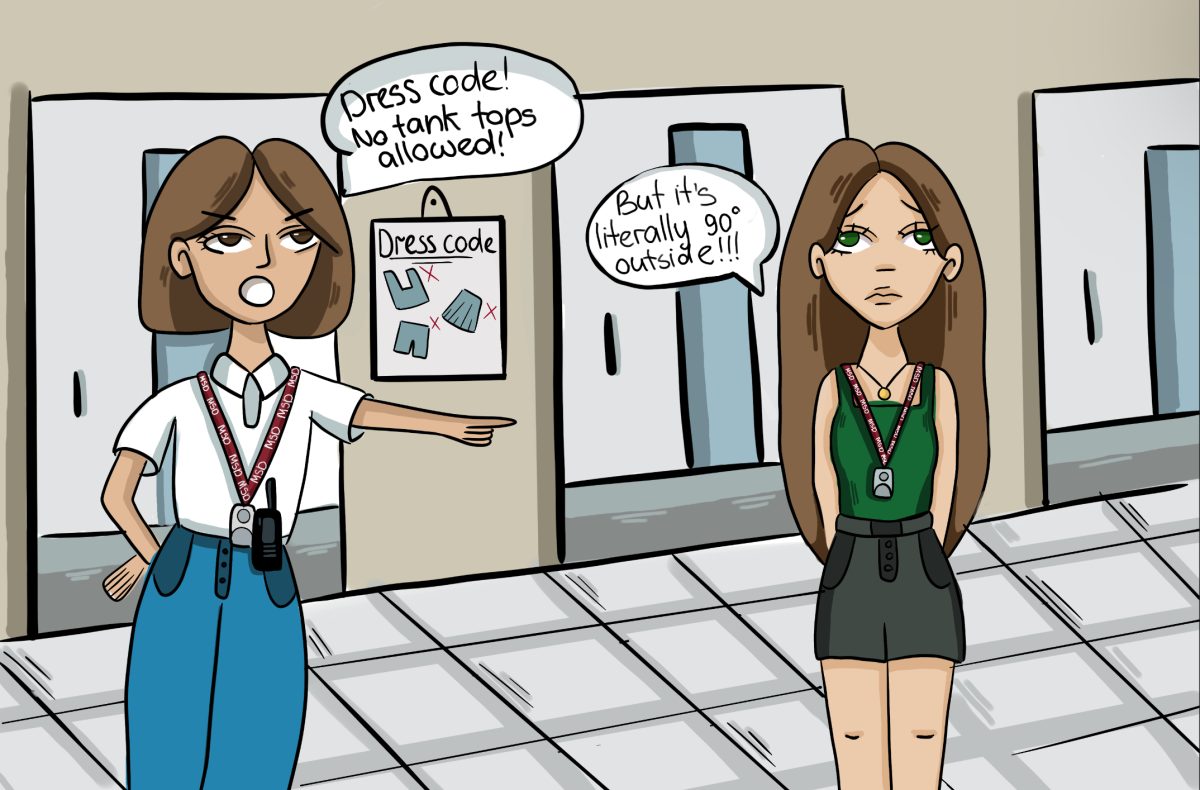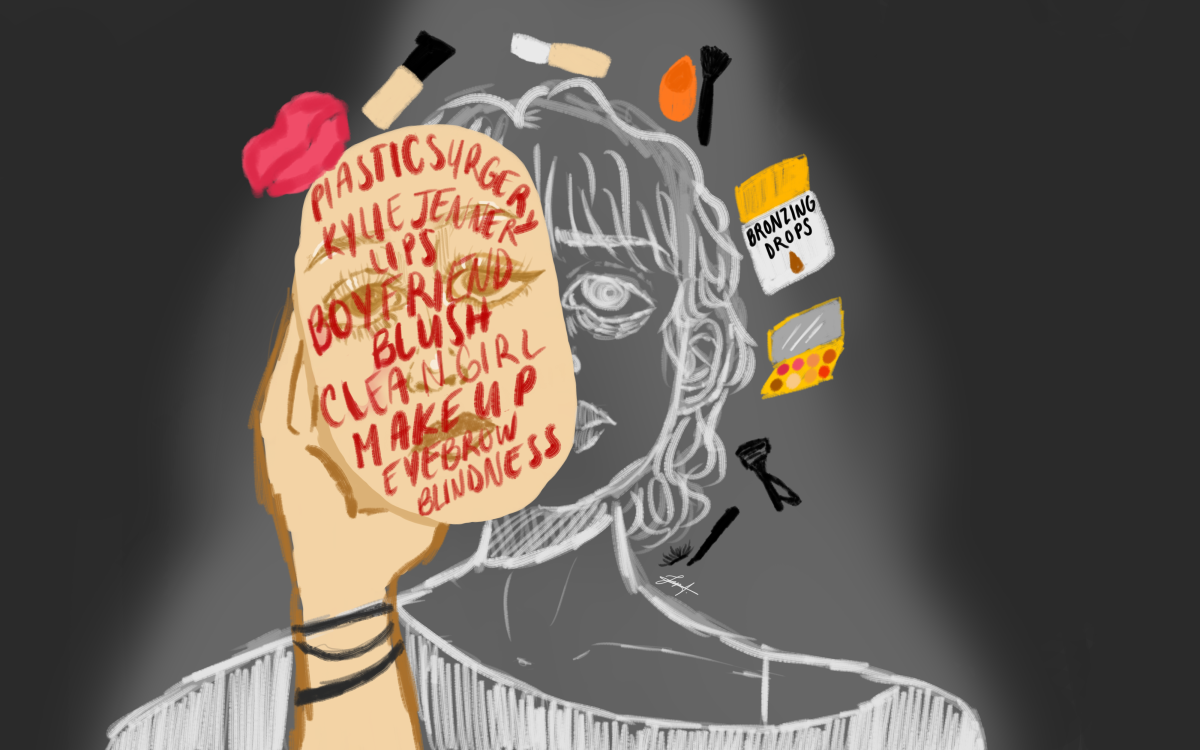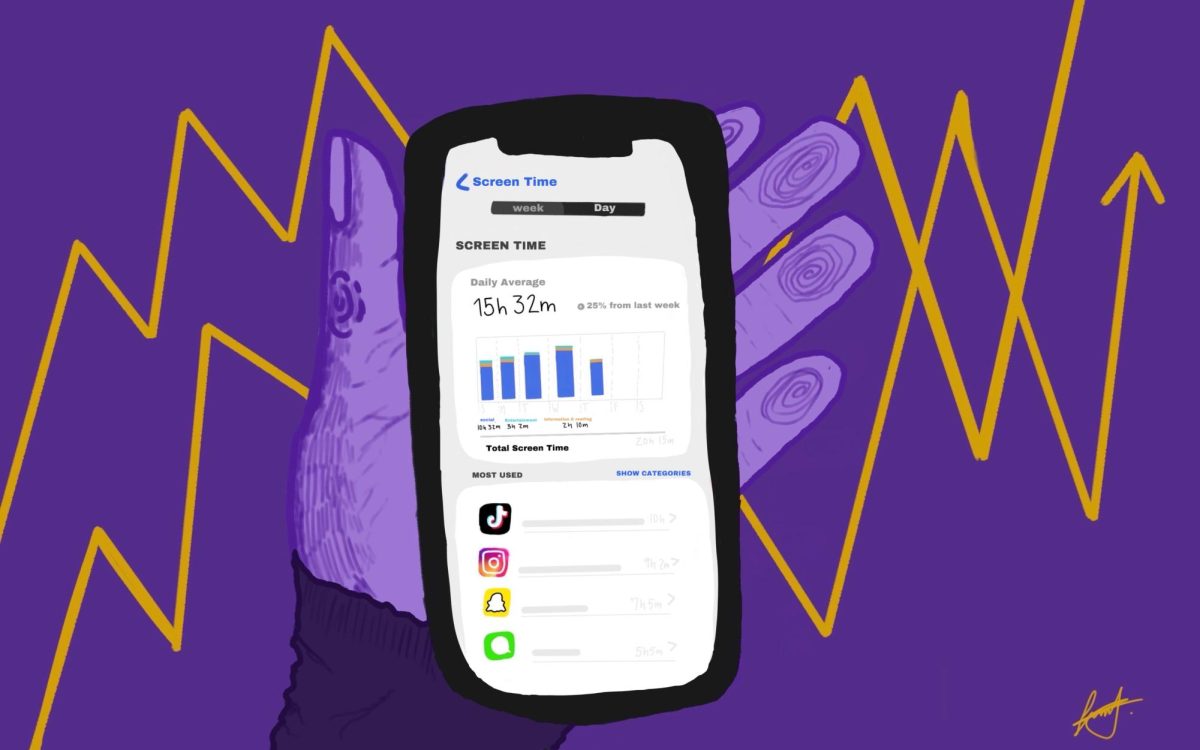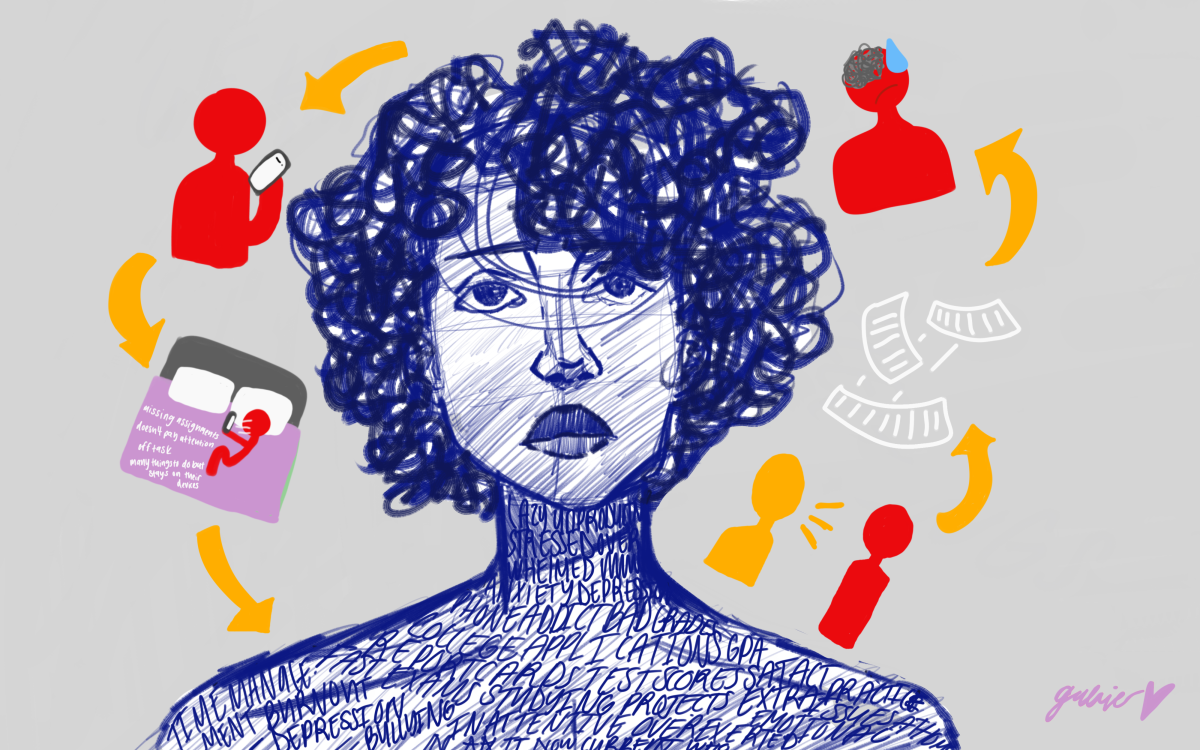Music has made its way in today’s society as a place for creativity, drama, inspiration and more. However, in more recent trends, listeners have taken charge on interpreting lyrics and investigating the artist’s inspiration behind a song. Different interpretations as to who is being referenced in the song leads the artists to receiving more unsolicited hateful and negative publicity.
Although musical interpretation is traced as far back as the 1960s, fan speculation about who a song is about has become a prominent part of the music industry. Music culture has changed over the decades, which shows in the drama involving the Fleetwood Mac “Silver Springs” situation. Released on Steve Nicks’s “Rumours” album, “Silver Springs” is about the hurt Nicks felt from her relationship with her band member, Lindsey Buckingham. While fans translated the lyrics from their perspectives and created their own theories, the level of which fans speculated was drastically lower than today.
Social media has played a large part in the multiple perspectives and theories drawn up in today’s society. Every outing a celebrity has is recorded by fans at the same place, giving celebrities no privacy and fans a baseline to theorize around.
Fans can see every interaction a celebrity has, including the drama and feuds that happen in their lives. A popular theory that has surfaced originates from the new Olivia Rodrigo album, “Guts.” The biggest question that fans have is about the song “Lacy” and who inspired the jealous and longing tone of the song. Certain lyrics from the song suggest that the song is targeted towards fellow artists Sabrina Carpenter and Gracie Abrams, which fans have scrutinized, along with making irrational statements regarding the celebrities. The meaning to the song has never been confirmed and fans have made it their responsibility to create one, which it is not.
Fans take too much time to look into unimportant details and take it to the extreme with their elaborate theories. Investigating into these details intrigues fans into taking sides between the artists, which in turn, leads to fans sending hateful messages. “Lacy,” which Rodrigo has not confirmed the inspiration for, still inspired fans to send both Carpenter and Abrams negative comments regarding the song.
Before social media was as prominent as it is now, fans relied on live performances, award shows and paparazzi. With hundreds of singers and actors in one ballroom, drama was bound to happen at the 2009 VMAs, and it did. At the award show, Swift was accepting an award for the category of best video by a female artist when Kanye West rushed to the stage and took the microphone. The interaction sparked hate for both parties and for tension to begin.
The drama continued to 2016, which is when Kanye released his album “The Life of Pablo” and essentially a diss track to Swift on his song “Famous.” The song is basically announcing that he made Swift famous because of the VMA situation. As a fan of both artists, it is clear that Kanye did not give Swift fame, but gave her bad publicity. As a result of this song, Swift received millions of hateful messages by Kanye fans and hid from the public for a year. This hate creates a toxic fanbase for both sides of the arguments.
The toxicity embedded in these fanbases grow until the artist can no longer handle the hate that is being sent their way. Many artists have had the experience of rumors following them throughout their career and become what they are known for. There are endless ways that celebrities can react to these negative comments that fans send, such as creating eating disorders or forcing the artists into hibernation.
In most cases, the hate that fans send to the artist or other fans is not the artist’s fault, nor do they have to provide specific explanations to their songs. Their comments do have an effect that is harmful to everyone involved, even sending some artists into hibernation, away from the social view for a while. Music is meant to be interpreted to everyone’s feelings, however, fans do not have the right to demand or investigate explanations for their favorite artists and songs.

